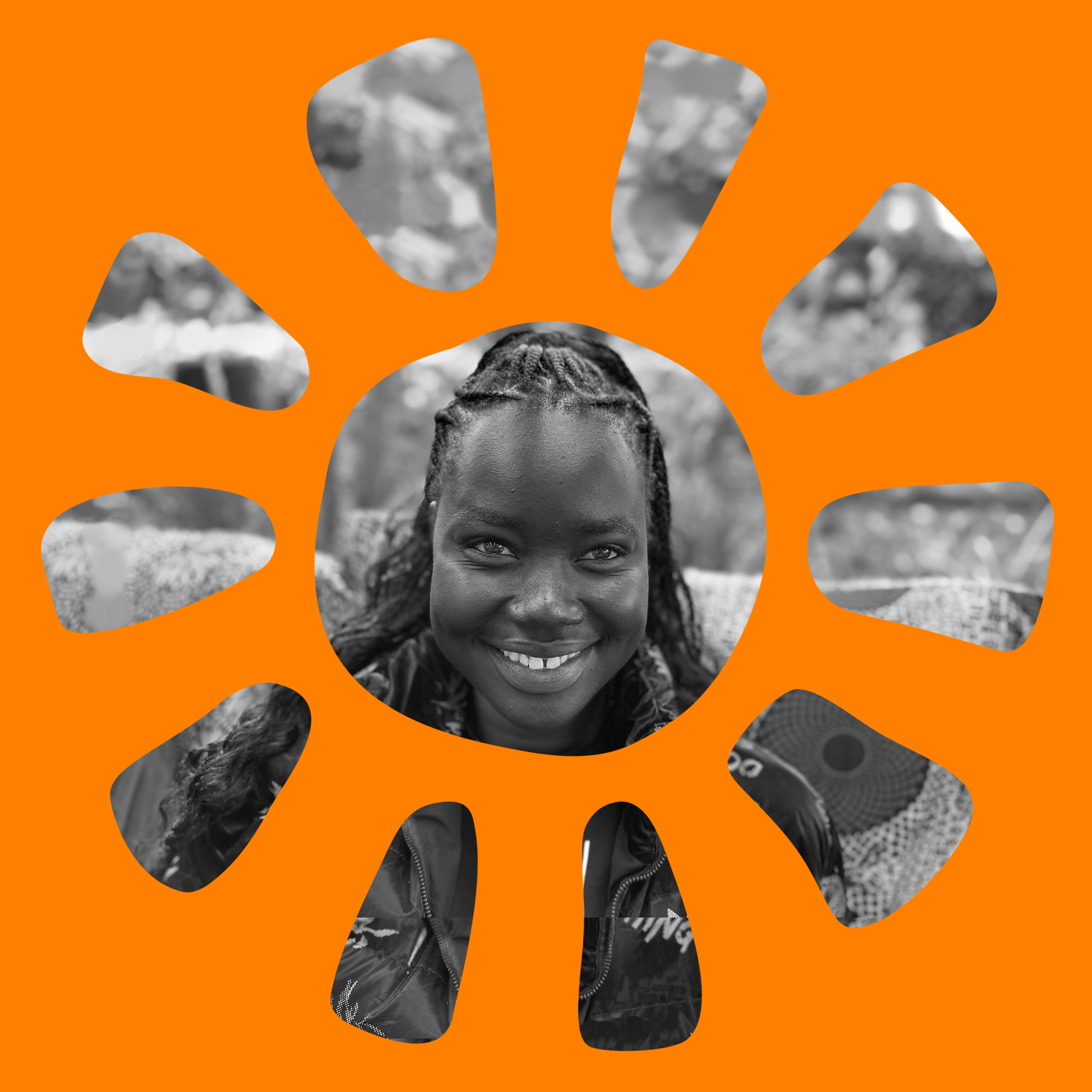A YOUNG woman’S FIGHT FOR EDUCATION AND PEACE, SOUTH SUDAN
Amakou Mawat
I am Amakou Mawat, I was born and raised in a large extended family in Rumbek, South Sudan, where tradition and culture dictate the roles of men and women. As a girl in the Dinka community, I was not expected to pursue education, but I had a dream that extended beyond the expectations.
At seven years of age, I joined Loreto Primary School Rumbek, a rare opportunity for girls in my community. I worked tirelessly, often studying under the dim light of a lantern while my relatives dismissed my efforts as unnecessary. Against all odds, I completed my primary education and proceeded to Loreto Girls’ Secondary School, where I did not only excel but later returned for my internship. I was the only educated girl in my family on a lonely but determined path. My journey was never easy, but amidst the struggles, I found support that strengthened my resolve. As the only educated girl in my family, I often felt alone in my pursuit, but my determination did not go unnoticed.
During my time at Loreto Girls’ Secondary School, I was introduced to the African Adolescent Girls Fund (AGF), an initiative dedicated to empowering and supporting young women through education. Loreto community saw the potential in me. My resilience, my thirst and hunger for knowledge, and my deep desire to bring change to my community were undeniably visible. With the AGF’s support, I secured a place at The Catholic University of Eastern Africa in Kenya, ensuring that financial struggles would not be the reason to abandon my education. Their sponsorship covered my tuition, accommodation, and essential learning materials, giving me the stability I needed to thrive in the university. More than just financial aid, AGF provided mentorship, connecting me with other young women in Africa who had defied the odds. I always knew and had it in mind that without AGF, in collaboration with Loreto, my dream of education would have been nearly impossible. In a world that often silenced girls like me, AGF gave me a voice, a chance, and a future. And with that future, I vowed to one day extend the same support to other young girls from my community to show them that despite the barriers, they too could rise and be a reason and agents of change in our communities. My perseverance earned me a chance to study at The Catholic University of Eastern Africa in Kenya, where I am pursuing Social Work. It was and still is a moment of pride for me, but also a heavy burden, as I carry the hopes of young girls who would look up to Me.
As I worked towards my dreams, tragedy struck at home. A deep-seated internal conflict within my family led to an unbearable loss. My cousin happened to kill my nephew. The news shattered me. However, I was miles away in Nairobi, sitting for my exams, yet my mind was restless. The thought of revenge, an all-too-common response in Dinka culture, tormented me. I knew that as a girl, my voice would not hold weight in a culture where women were rarely heard, but I could not sit back and watch my family tear itself to pieces. Once my exams were over, I embarked on a long and exhausting three-day journey home. I arrived to find the atmosphere tense, the pain still raw, and anger brewing. My uncle and his children had already started plotting revenge because his son, who killed my nephew was also killed by the brother of the deceased to avenge his brother. To him, that was justice for his dead brother since he felt like the government or the law was not fair enough, especially after releasing the culprit from prison a few months after committing murder. In cases like this, forgiveness is not an option in Dinka tradition. I tried speaking to the family, but most ignored my words. It was heartbreaking to imagine that my education, my reasoning, and my desperate plea for peace meant so little simply because I am a woman.
Still, I did not give up. I gathered a small group of five elders, my direct uncles, brothers, and cousins, and spoke to them, giving it everything I got. Unfortunately, only two of them listened. It was a small victory, but a victory nonetheless. With their support, I proposed an alternative compensation for the losses instead of bloodshed. In this case, cattle would be given to the family who has experienced loss as compensation, a practice that some families had already started embracing as a way to prevent endless cycles of violence. After long discussions, the two elders agreed, and the message slowly began to spread. With a heavy heart but a sense of purpose, I returned to Nairobi a week later, just in time for the start of my lectures. I carried the weight of my family's conflict with me, yet I knew I had done the least that I could. I was not just fighting for my education but, I was also fighting for change, for peace, and for the belief that a woman’s voice, no matter how small, deserved to be heard.

